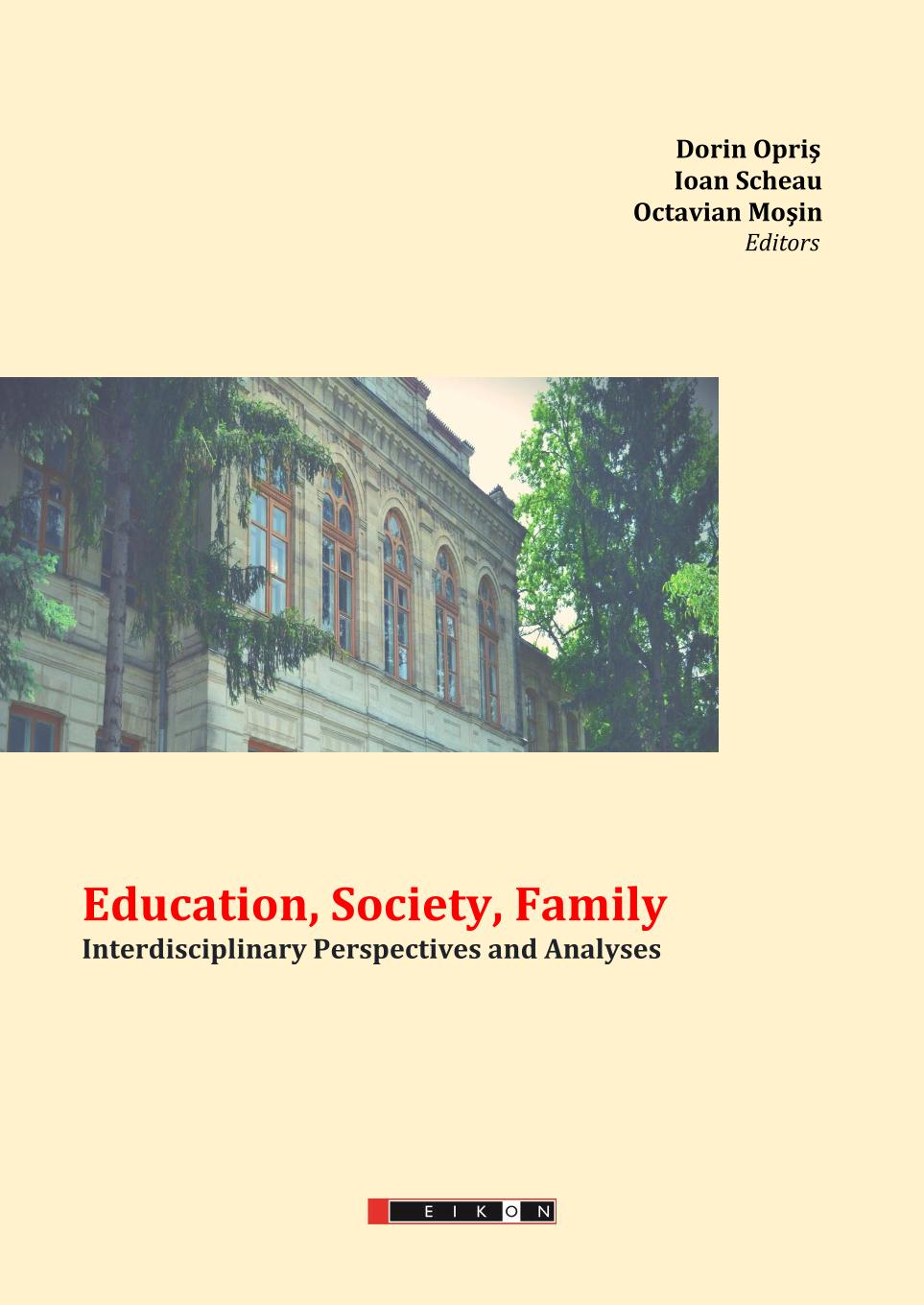CLAUDE DEBUSSY AND INSPIRED FUSION OF CREATIVE SPIRITS
CLAUDE DEBUSSY AND INSPIRED FUSION OF CREATIVE SPIRITS
Author(s): Ioana Stănescu
Subject(s): Education, Music, 19th Century
Published by: Editura Eikon
Keywords: emulation; impressionism; symbolism; suggestion; spiritual freedom;
Summary/Abstract: The cultural climate of Claude Debussy's formative years is represented by Paris, during the years of the legendary fin de siècle, in the last two decades of the 19th century, in which a remarkable artistic emulation, expression of numerous exhibitions, publications of posters, music performances, ballet or music-hall, the frequent meetings between artists wrote their history on the background of a radical change of an aesthetic conception. During this period, exhibitions of his own works initiated by painters from the original Impressionist circle, such as Pissaro, Monet, Degas, Renoir and Sisley, led, step by step, to the affirmation and recognition of Impressionism, which promoted a new vision of the world. A meeting with a decisive impact, at the level of the evolution of Claude Debussy's aesthetic vision, would be the one with Stéphane Mallarmé, one of the outstanding personalities of the symbolist French poetry. A few years later, Mallarmé's prose poem, Afternoon of a Faun, will provide the title and inspiration for one of Claude Debussy's most important works for orchestra. Thus, this artistic emulation found its unifying vector in the animus and common interest of overcoming artistic conventions, in the openness to novelty and exoticism, through the power of suggestion and evocation, in the freedom of expression to which Mallarmé or Laforgue's free verse urged, as an innovative form of a spirit that constantly seeks the mystery of life, evading the limits and patterns of an outdated academic tradition. Debussy's affinities in the field of painting will find their correspondence in the vision of the relationship between art and nature articulated by J.A. McNeill Whistler in his Ten O’Clock famous reading and William Turner, being considered the greatest mystery creator in whole art by the French composer. Thus, his work remains a testament to the mastery of his musical instinct to assimilate the essence of the visionary aesthetic ideas of the era, to translate them into artistic creations capable of communicating the sensitivity of his dreams and what he sees in his mind’s eyes. But Debussy's genius intuits the emancipatory power of music in recognizing and eluding description, narrative, or illustration as far too restrictive forms of artistic representation. So the French composer will affirm music on the evolutionary path of an aesthetic, which recognizes the importance of imagination and the vital need for freedom of expression as literary symbolism had generated the liberation of language from the usual uses and meaning of words.
Book: Education, Society, Family. Interdisciplinary Perspectives and Analyses
- Page Range: 118-123
- Page Count: 6
- Publication Year: 2021
- Language: English
- Content File-PDF

